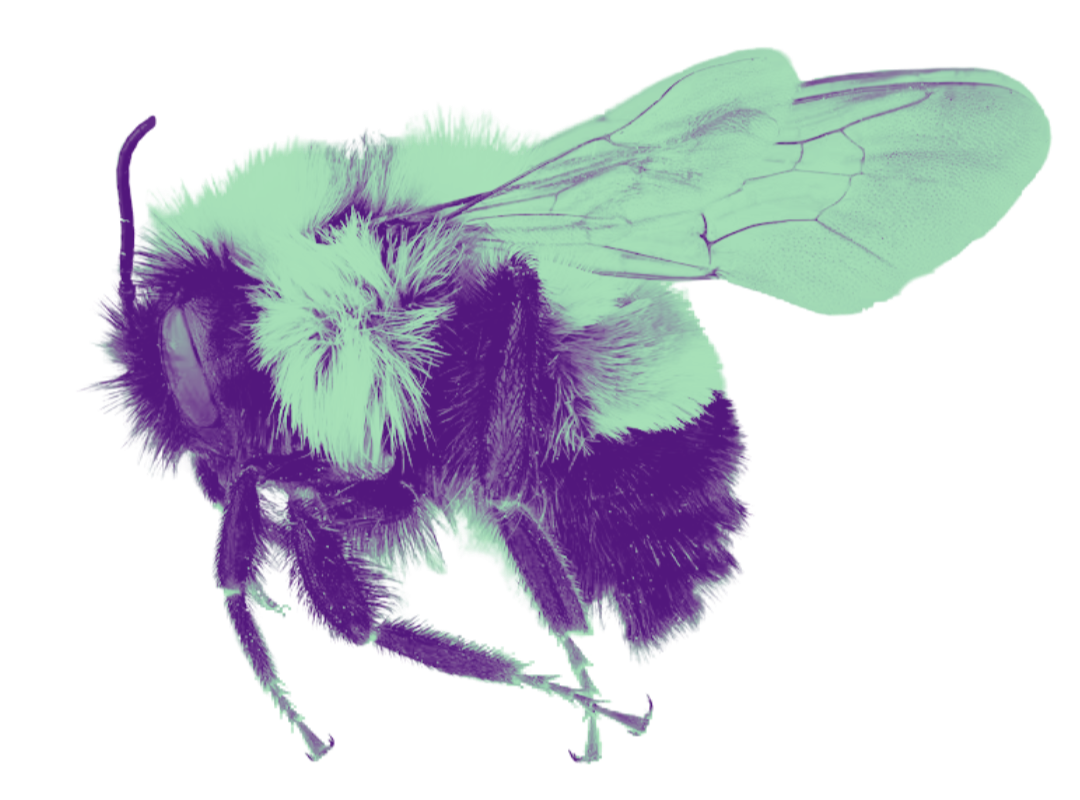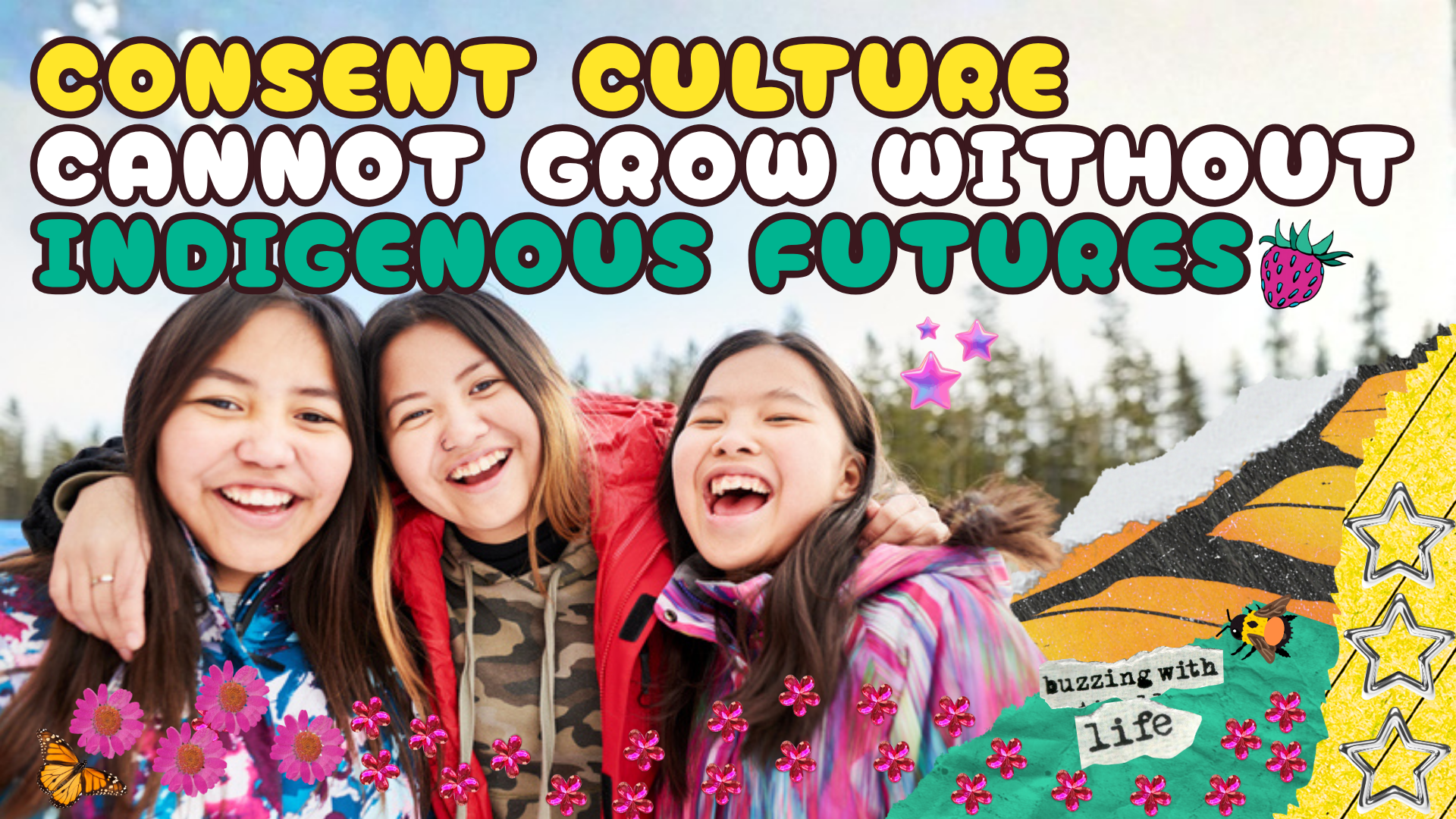
High School Too is an invitation to create care, consent and accountability in Ontario schools
Working with students and educators, parents and caregivers, advocates and experts, we dream of a future where...
School is safe for everyone.
Consent is practiced daily.
Disclosures are responded to with care.
Relationships are free from harm.

It takes a community to grow safety
When we plant care, consent and accountability, students can learn without harm. Join us in cultivating change.
Learn with us
Build consent culture
Before schools are free from sexual violence and harm, we all need to understand what consent is and isn’t.
Receive a disclosure with care
Watch our BRAVE Model© video that maps out five simple steps so you can respond with care if a friend shares that they have been subjected to sexual violence.
Keep up to date
Check out our news page for essential updates on our project, education policy, and what’s shaping consent-driven futures.
You are not alone
While High School Too addresses complex topics, we do not offer therapy or crisis response. If you or someone you know needs help, we encourage you to connect with the services listed on our support page, including local sexual assault centres and crisis lines. They are here to listen and walk alongside you.

Thank you Tarana Burke
Long-time anti-sexual violence activist Tarana Burke inspired the name High School Too.
In 2006, she created the rallying cry #MeToo to empower sexual assault survivors, especially young Black women, to help them know they are not alone. We are grateful for her leadership in ending harm. MeToo is now a global movement to support survivors’ healing and end sexual violence.

Land acknowledgement
We learn, work and play on and across the traditional territories of many Indigenous nations. We recognize that gender-based violence is one form of violence caused by colonization that is still used today to marginalize and dispossess Indigenous Peoples from their lands and waters. We must centre this truth in our work to address gender-based violence in our schools and communities.
We commit to continuing to learn and take an anti-colonial, inclusive approach in all our work. One way we are honouring this responsibility is by actively incorporating the Truth and Reconciliation Commission of Canada: Calls to Action and the Calls for Justice within Reclaiming Power and Place: The Final Report of the National Inquiry into Missing and Murdered Indigenous Women and Girls.









